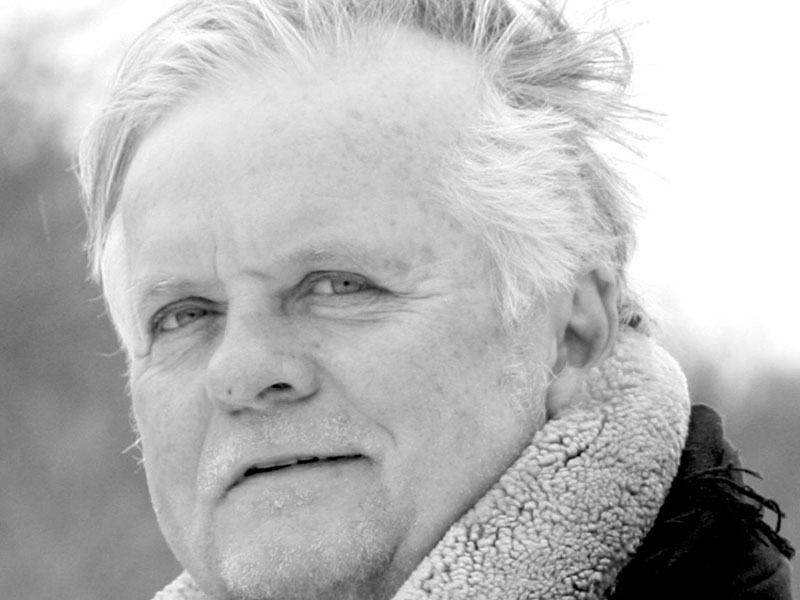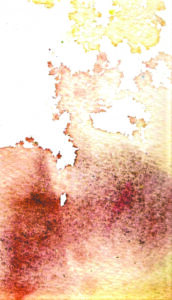walkingwiththunder.com
Synchronizing meaning

In my view one of the most misused words in the English language today is the word genius. It gets tossed around lightly when in many cases the true meaning of the word is misconstrued. Rooted in the Latin gignere, which means to beget or to bring about, the Ancient Romans believed that every person had a genius or guardian spirit, a procreative divinity that watches over each of us beginning at birth. Early civilizations made reference to a person who had inspiration from on high, a universal power, a genie. The person was regarded as solely being a conduit for that elevated muse and not the source of it. It was not about ego or a particular person; it was about anyone who sought spiritual direction. They allowed their truth of Being to be, it was about trusting that guides existed.
The genie is expressed in every form imaginable from teaching to science to exploration and discovery. But something stood out for me several years back when the late poet and songwriter Leonard Cohen, referring to honours bestowed upon his work at a ceremony, said that, “there’s a lot more where that came from.” I pondered what he meant, as initially it can sound like a personal boast, but Cohen’s words set me on a course of new understanding. He envisioned himself, as most authentic artists do, as a co-creator, a go between that listened to higher sentinels and interpreted meanings through skills and tools that were naturally instilled within. Many of his songs reflect one person’s translation of what life comprises, yet most circumstances are universal to humankind—love, suffering, joy, reunion, parting, despair, bounty and poverty, belief, hope and search for truth. Life is mirrored back to us through the arts in all its many forms. We relate to our personal occurrences through examples of happenings of others, whether in real life form or fictionalized to represent a composite of many. Familiarity can be a nudge toward comprehension, toward tolerance when encountered in concentrated and elevated form. Art expression, especially novel examples, is a form of parable, of narrative and illustration reflecting modern topics.
 Later this month one of the most ambitious and complex public art works ever attempted is about to be undertaken. With a start point in Turkey, Little Amal, a 12-foot puppet depicting a nine-year-old Syrian refugee girl, will begin a walk across Europe on a 12-week arts festival trail. In Turkey alone, there are 3.5 million Syrian refugees awaiting a return to their homeland or resettlement in a host country. Little Amal is in search of her mother who left the encampment looking for food and had not returned. The inspiration for the project originated in the “Jungle”, a so-named refugee camp of 10,000 people in Calais, France. It was here where the collaborative energy of many from within and outside of the camp, brought into being the Good Chance theatre company, which is the driver of this performance art.
Later this month one of the most ambitious and complex public art works ever attempted is about to be undertaken. With a start point in Turkey, Little Amal, a 12-foot puppet depicting a nine-year-old Syrian refugee girl, will begin a walk across Europe on a 12-week arts festival trail. In Turkey alone, there are 3.5 million Syrian refugees awaiting a return to their homeland or resettlement in a host country. Little Amal is in search of her mother who left the encampment looking for food and had not returned. The inspiration for the project originated in the “Jungle”, a so-named refugee camp of 10,000 people in Calais, France. It was here where the collaborative energy of many from within and outside of the camp, brought into being the Good Chance theatre company, which is the driver of this performance art.
The puppet was built in South Africa by Handspring, creators of the War Horse puppets made famous in a recent international theatre piece, and is presently being rehearsed for the walk under safety precautions of Covid and via virtual training of puppeteers and athletes in a hangar in Manchester, England. Little Amal will require three teams of four puppeteers working in relay along with hundreds of participants and organizers from various countries helping her to reach her final destination in the city of Manchester, where she is reunited with her mother: Art sans frontière.
When a creative work is staged or placed before us that is larger than life, greater than our own dimensions and reality, within our imaginations we become small, we become the child and as an observer we look up, look beyond our personal challenges to see a bigger picture. The walk is intended to be joyous in the celebration of the human potential for the greater good, for hope—the Arabic meaning for Amal—of collaboration into the future. Little Amal is there to celebrate the genius, the potential of refugees, children, grownups as she walks through Greece, Italy, France, Germany and Belgiun—“a corridor of friendship”—where towns and cities will synchronize events to welcome her and extend a human hand; the message of joy is in the recognition that she is not alone and is supported by the spirit that is in each of us. From the words of the French author and poet Charles Baudelaire; “Genius is nothing more nor less than childhood recaptured at will.”

Comments (0)